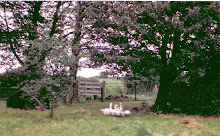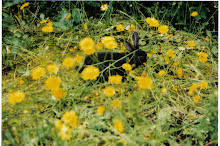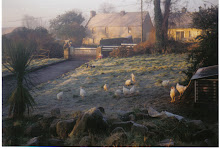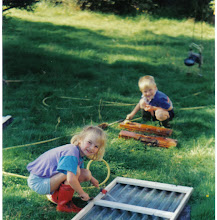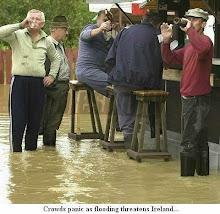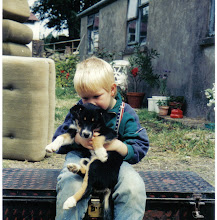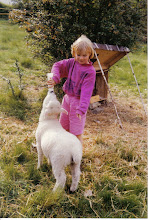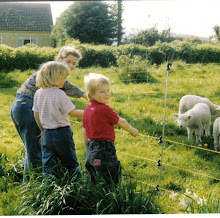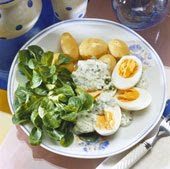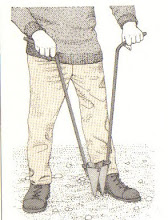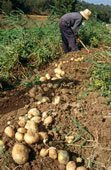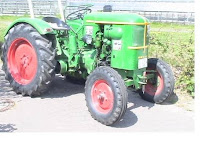
Sheep require a bit more attention and "Personal hygiene" beyond the shearing I described in my last post. In order to avoid external parasites such as itch mite, blow-fly, ticks and scab that can easily kill a sheep, the farmer has to dip them in some preventive medicine. There are two broad classes of sheep dip: organophosphorus compounds, from which chemical warfare agents were later developed, and synthetic pyrethroids. If you read a British veterinary law issued by HSE (Health& Safety Executive) you understand the degree if toxicity and harmfulness involved, both to humans and animals: "Everyone who will be involved in the dipping operation must be properly trained and competent. This is just as important whether you use an organophosphorous (OP) sheep dip of a synthetic pyrethroid (SP) sheep dip.
Under the Veterinary Medicines Regulations 2006 it is an offense to use sheep dip unless this is done by, or under the supervision and in the presence of, a person who holds a Certificate of Competence in the Safe Use of Sheep Dips."
So that was out for us organic farmers!
An organic farmer has to use his husbandry skills to control pests: free range conditions, keep stocking rates low,rotate grazing sites. These measures also help decrease the need of deworming--another labor-some procedure. More care and inspection of the individual animal is required by the organic sheep farmer, e.g. by maintaining a closed flock (no bought-in stock) which also help prevent disease. In other words:Organic farming again is more labor intensive.




























